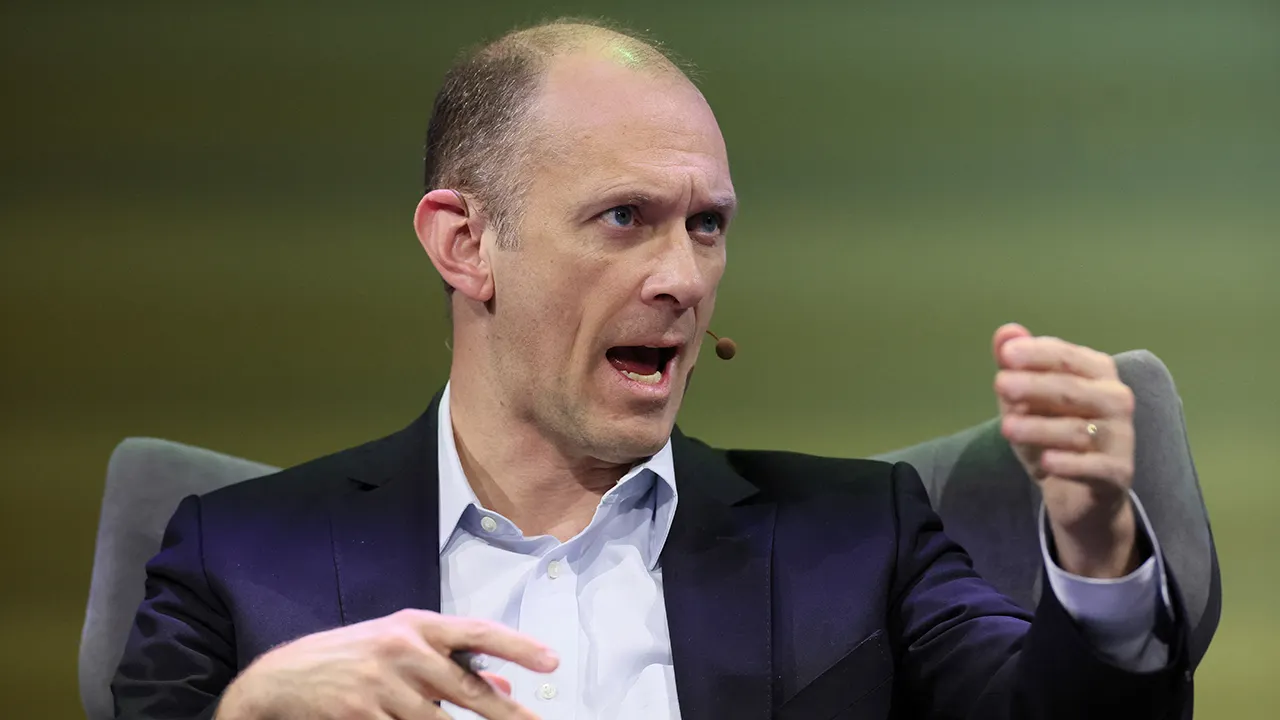Chicago Federal Reserve President Austan Goolsbee on Monday said that central bank policymakers will respond to any weakness in the U.S. economy as renewed recession fears sparked a broad market sell-off.
Goolsbee also indicated that interest rates may be too restrictive right now, though he declined to say whether policymakers would consider making an emergency rate cut.
“The Fed’s job is very straightforward: maximize employment, stabilize prices and maintain financial stability. That’s what we’re going to do,” he said during an interview with CNBC. “So if the conditions collectively start coming in like that on the through line, there’s deterioration on any of those parts, we’re going to fix it.”
WALL STREET’S FEAR GAUGE SPIKES TO HIGHEST LEVEL SINCE 2020 AS GLOBAL TURMOIL DEEPENS
Goolsbee’s comments come amid worsening global market turmoil.
The Dow Jones Industrial Average tumbled more than 1,000 points early Monday, while the tech-heavy Nasdaq Composite slid 3.9%. The S&P 500 slid another 3%. The indexes later recouped some of those losses.
Market jitters began last week after the worse-than-expected July jobs report, which showed that employers added just 114,000 jobs last month and the jobless rate unexpectedly climbed to 4.3%.
The rise in unemployment triggered the so-called Sahm rule, an indicator that is used to provide an early recession signal. The rule stipulates that a recession is likely when the three-month moving average of the jobless rate is at least a half-percentage point higher than the 12-month low.
STOCK SELL-OFF CONTINUES, AS US RECESSION FEARS MOUNT
Over the past three months, the unemployment rate has averaged 4.13%, which is 0.63 percentage points higher than the 3.5% rate recorded in July 2023. The Sahm rule has successfully predicted every recession since 1970.
Goolsbee said he does not believe the economy is currently in a recession, despite the surprisingly weak jobs data.
“Jobs numbers came in weaker than expected, but [are] not looking yet like recession,” he said. “I do think you want to be forward-looking of where the economy is headed for making the decisions.”
Still, he acknowledged that interest rates – which have sat at the highest level since 2001 for more than a year – may be too restrictive.
“Should we reduce restrictiveness? I’m not going to bind our hands of what should happen going forward, because we’re still going to get more information,” he said. “But if we are not overheating, we should not be tightening or restrictive in real terms.”
GET FOX BUSINESS ON THE GO BY CLICKING HERE
Policymakers voted to hold rates steady during their meeting last week, but they opened the door to a rate cut in September.
A growing number of investors are now pricing in the likelihood of a bigger, 50-basis point reduction due to the sharp slowdown in job growth and the growing concerns of a recession.








